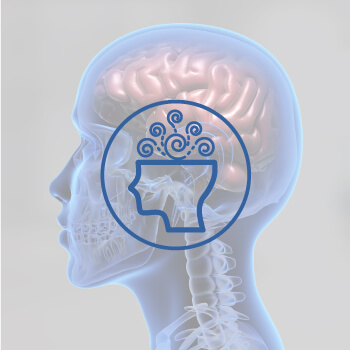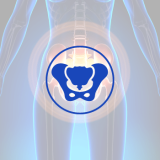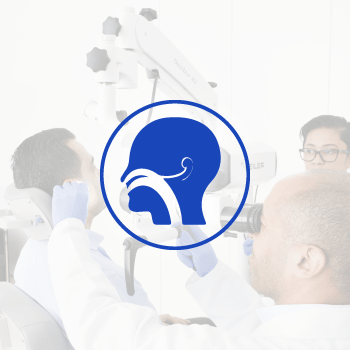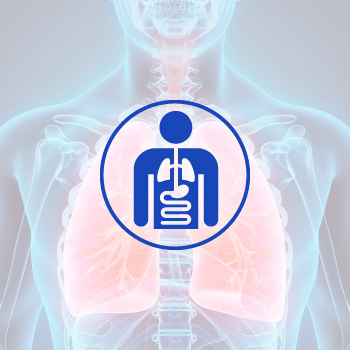THYROID DISORDERS
THYROID GLAND
The thyroid gland is an endocrine gland, shaped like a butterfly and located in the front of the neck. It makes thyroid hormones which regulate the body’s metabolism.
It produces triiodothyronine (T3) and thyroxine (T4), the two main thyroid hormones which have a major impact on your energy levels, body temperature, hair, skin, weight, and more.
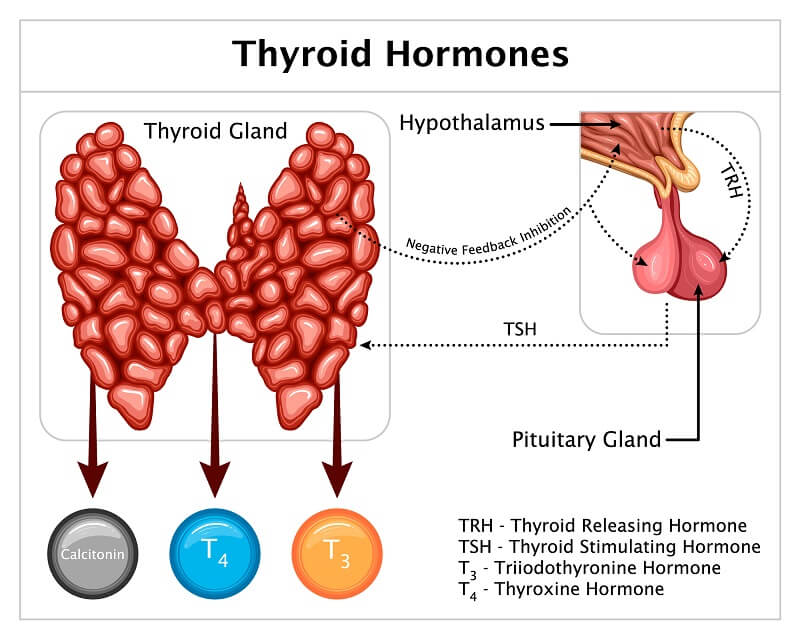
THYROID DISORDERS
- Hypothyroidism
- Hyperthyroidism
- Thyroid nodules
- Diagnosis
- Treatment
When the thyroid gland is underactive and produces too little hormone, hypothyroidism develops. It is one of the most common thyroid gland issues. Hypothyroidism can result in a number of symptoms, such as dry skin, constipation, weight gain, and exhaustion.
When the thyroid gland produces too much hormone and is overactive, hyperthyroidism develops. Common symptoms of hyperthyroidism can also vary and include nervousness, sweating, diarrhea, and weight loss.
Thyroid nodules are lumps that develop in the thyroid gland and are quite common. They are usually discovered by physical exam or by ultrasound imaging. Some thyroid nodules require surgery.
The diagnostic investigation includes blood tests for thyroid function and thyroid antibodies and in some cases, neck imaging by ultrasound will be ordered. There is no need to be fasting for these tests.
Depending on the individual case, thyroid disorders may be treated medically or surgically, however, the majority of cases can be successfully managed. If you experience hypothyroidism or hyperthyroidism symptoms or see a lump or swelling on the front of your neck, you should consult a doctor.





 أنقر هنا
أنقر هنا أنقر هنا
أنقر هنا
